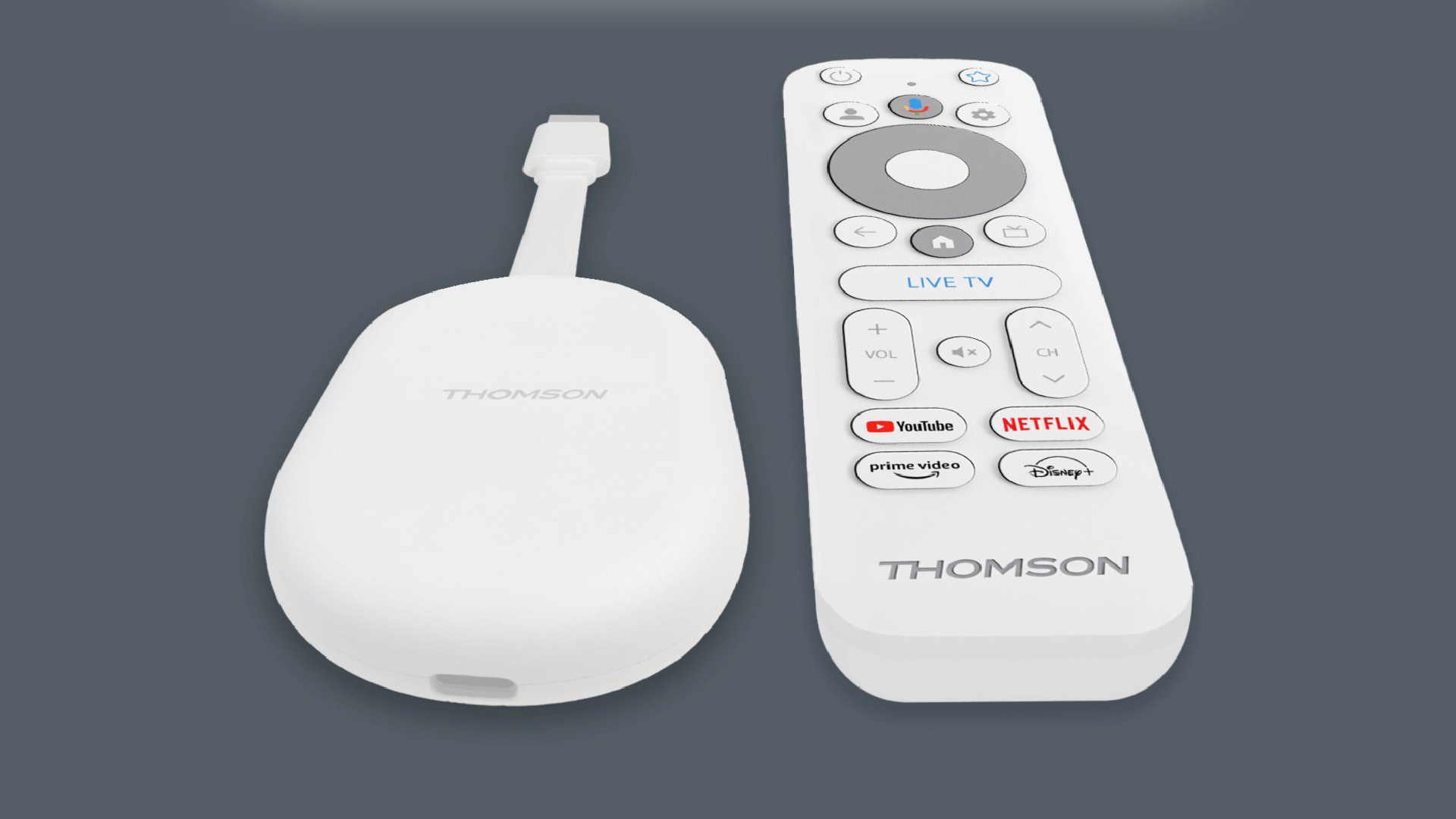Wisdom Tooth Removal and Sinus Issues: What’s the Link?
If you experience persistent or severe sinus-related symptoms following your wisdom tooth extraction, be sure to consult with your oral surgeon or healthcare provider to ensure proper care and resolution.

Wisdom tooth extraction in Dubai is a common dental procedure, often performed to prevent or address complications caused by impacted or overcrowded wisdom teeth. While the recovery process is typically straightforward, some patients report experiencing sinus issues after their surgery. These issues may cause concern, as they seem unrelated to the procedure. However, there is an established connection between wisdom tooth removal and sinus complications, particularly when the upper wisdom teeth are involved. In this article, we will explore the link between wisdom tooth extraction and sinus problems, why it happens, and what you can do to manage these symptoms.
How Wisdom Teeth and the Sinuses are Connected:
The upper wisdom teeth, located in the back of the upper jaw, are situated near the maxillary sinuses, which are located just above the upper jaw, beneath the eyes, and behind the cheekbones. The roots of these teeth are often in close proximity to the sinus cavities. During a wisdom tooth extraction, especially when the tooth is impacted or deeply embedded, the surgical process may affect the surrounding structures, including the sinuses.
The proximity of the upper wisdom teeth to the maxillary sinuses is a key reason why complications can occur. When these teeth are removed, particularly in the case of an extraction that involves bone removal or sinus membrane disruption, the sinuses can be impacted, leading to a variety of sinus-related symptoms. It’s essential to understand the mechanisms behind this connection to properly manage and address these symptoms.
Why Do Sinus Issues Occur After Wisdom Tooth Extraction?
Sinus issues following wisdom tooth extraction typically occur when the maxillary sinuses are inadvertently affected during the removal of the upper wisdom teeth. The following factors can contribute to the development of sinus complications:
-
Perforation of the sinus membrane: During extraction, if the roots of the wisdom tooth are close to or extend into the sinus cavity, the membrane separating the tooth and sinus may be perforated. This perforation can create an opening, allowing air, bacteria, or food particles to enter the sinus, leading to sinus infection or sinusitis.
-
Sinus floor trauma: In some cases, the removal of the tooth may cause trauma to the floor of the sinus cavity, leading to inflammation and swelling. This can result in a feeling of fullness or discomfort in the sinus region, which may mimic the symptoms of sinusitis.
-
Residual bone fragments: In rare cases, small bone fragments or particles from the extraction may remain in the sinus cavity. These particles can irritate the sinus lining and potentially lead to infection or sinus congestion.
While these complications are relatively uncommon, they are more likely to occur when the upper wisdom teeth are impacted or located too close to the sinuses. Patients should inform their dentist or oral surgeon about any history of sinus issues before undergoing surgery.
Symptoms of Sinus Problems After Wisdom Tooth Removal:
When sinus issues develop after wisdom tooth extraction, they often mimic the symptoms of a sinus infection or sinusitis. These symptoms can vary in severity but may include:
-
Sinus pressure or fullness: One of the most common symptoms is a sensation of pressure or fullness in the sinus region, typically near the cheekbones or behind the eyes.
-
Pain or tenderness: Patients may experience pain or discomfort in the upper jaw, cheeks, or around the eyes, especially when the sinus cavities are irritated.
-
Congestion or nasal blockage: Blocked sinuses can cause difficulty breathing through the nose, leading to nasal congestion.
-
Headaches: The pressure caused by irritated sinuses can result in headaches, particularly in the forehead and facial regions.
-
Post-nasal drip: In some cases, sinus issues after wisdom tooth removal may lead to increased mucus production, which may drip down the back of the throat, causing irritation or a sore throat.
-
Bad breath: A sinus infection or blockage caused by sinus-related issues can lead to unpleasant-smelling breath.
It’s important to note that these symptoms can occur as a result of normal recovery, particularly if the extraction site is still healing. However, if the symptoms persist or worsen over time, it’s essential to consult a healthcare professional.
How to Prevent or Manage Sinus Complications After Wisdom Tooth Removal:
While sinus problems following wisdom tooth extraction are not always avoidable, there are several strategies that can minimize the risk of developing sinus issues after surgery. These include both preventive measures and steps for managing symptoms should they arise.
-
Choose an experienced oral surgeon: Opt for a skilled and experienced oral surgeon who is familiar with the anatomy of the sinuses. They will be better equipped to avoid damage to the sinus cavity during the extraction process.
-
Pre-surgical imaging: Ensure that proper imaging, such as X-rays or CT scans, is performed before the surgery to assess the position of the wisdom teeth in relation to the sinuses. This helps the surgeon plan the procedure more effectively.
-
Follow post-operative instructions carefully: After surgery, it’s crucial to follow all post-operative care instructions provided by your dentist or oral surgeon. This may include avoiding actions that could irritate the sinus cavities, such as sneezing forcefully or sucking through a straw.
-
Use saltwater rinses: Gentle saltwater rinses can help keep the extraction site clean and promote healing, preventing any infection from spreading to the sinus cavity.
-
Decongestants or nasal sprays: If sinus congestion occurs, your dentist or surgeon may recommend using over-the-counter decongestants or nasal sprays to relieve the pressure and reduce inflammation.
-
Seek professional care if symptoms persist: If you experience persistent sinus issues such as severe pain, swelling, or ongoing nasal congestion, contact your dentist or healthcare provider for further evaluation and treatment.
Treatment for Sinus Issues Related to Wisdom Tooth Removal:
If sinus complications arise after wisdom tooth removal, treatment will depend on the severity of the symptoms. In mild cases, the sinus issues may resolve on their own as the surgical site heals. However, in more severe cases, additional treatment may be required:
-
Antibiotics: If an infection develops within the sinus cavity, your doctor may prescribe antibiotics to clear the infection.
-
Surgical repair: In rare cases where there is a large perforation of the sinus membrane or significant sinus floor damage, additional surgery may be required to repair the damage and close the opening.
-
Sinus drainage: If the sinuses become blocked or infected, your doctor may recommend sinus drainage procedures to relieve pressure and promote healing.
Final Thoughts:
Wisdom tooth extraction in Dubai is generally a safe and routine procedure. However, when the upper wisdom teeth are involved, there is a potential link to sinus issues due to their proximity to the maxillary sinuses. While complications like sinus membrane perforation or sinus infection are uncommon, they can occur and lead to uncomfortable symptoms such as congestion, sinus pressure, and headaches. By understanding the potential link between wisdom tooth removal and sinus problems, patients can take steps to minimize their risk and manage symptoms effectively.
What's Your Reaction?
 Like
0
Like
0
 Dislike
0
Dislike
0
 Love
0
Love
0
 Funny
0
Funny
0
 Angry
0
Angry
0
 Sad
0
Sad
0
 Wow
0
Wow
0

















































